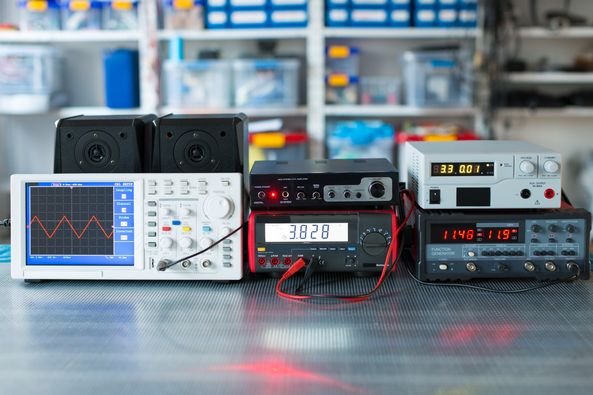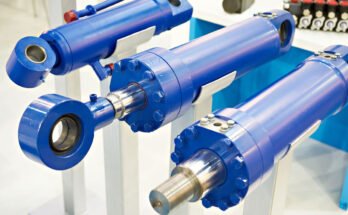A Data logger is nothing but an instrument that inspects and notes down fluctuations in conditions with the time. They can be both, single and stand-alone units that consist of multiple channels. Usually, the stand-alone units are powered by batteries which allow them to record while in transit mode and for a longer period of time.
If you plan to purchase a data logger, you need to know about NATA Accredited Calibration.
We don’t even purchase fruits & vegetables without checking quality parameters. Same way, looking out for quality procedures and policies requires such items to be calibrated by a company that has NATA accreditation.
However, any company that holds NATA accreditation doesn’t mean that all the calibrations they do are NATA only, but it indicates that their system quality meets ISO17025 and it is necessary to make such distinction in what you require as NATA calibrations are expensive than any standard calibrations.
So, seek a company with NATA calibration which can be accomplished by any company that holds NATA Accreditation and has been accredited for any scope.
The data logger that you purchase should be NATA accredited. Read further to know how a data logger works.
Data loggers use the sensor, internal memory, and microprocessor to collect the data. You need not look out for an Automation sensor supplier as the data logger has an in-built sensor. They are small in size and battery-powered devices. Data loggers interface with a computer and with a computer and monitor the data using software that can be used as a stand-alone device with a local interface or connect data logger wirelessly to any device.
The highlighted benefits of data loggers are that they can be easily operated using a computer unlike any other types of data acquisition devices. Data loggers are available in different sizes and shapes. The range of data logger includes economical single channel fixed-function loggers to powerful devices that are capable of handling various inputs.
Applications of data loggers
Data loggers analyze and monitor pH, pressure, humidity, current, pulse, voltage, carbon dioxide, and temperature that make them useful for various applications. There are various applications like monitor the food temperature, vaccine storage in the medical industry, growing conditions in the agricultural sector, compare temperature and humidity levels of transportation and storage, and provide building maintenance information like ventilation, air conditioning, heating to assist with various energy conversation.
There are various input types such as,
- Data loggers can be also used to measure high and low temperatures and liquid temperatures.
- Data loggers include AC and DC data loggers and are used to monitor building equipment.
- Voltage data loggers can select any voltage measurement including load, force, torque, and pressure.
- Humidity loggers can manage data on water vapor concentration, relative humidity, and dew point in metric units.
- Analyses the gas and liquids pressure including water and atmospheric pressure.
Bottom line,
While you buy data loggers, make sure that you believe only in NATA Accredited Calibration systems that indicate assured product quality.




